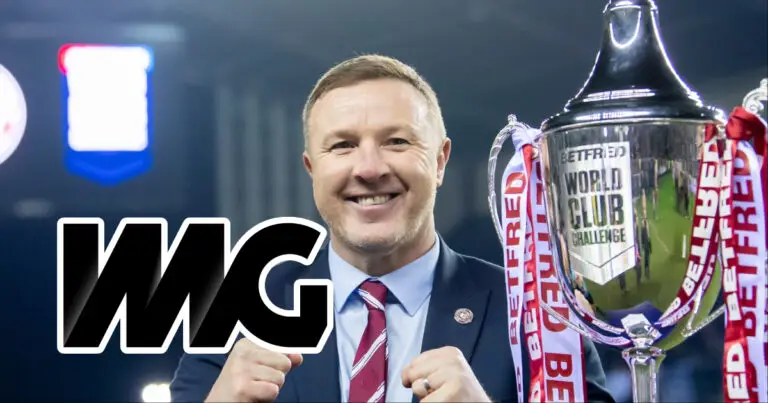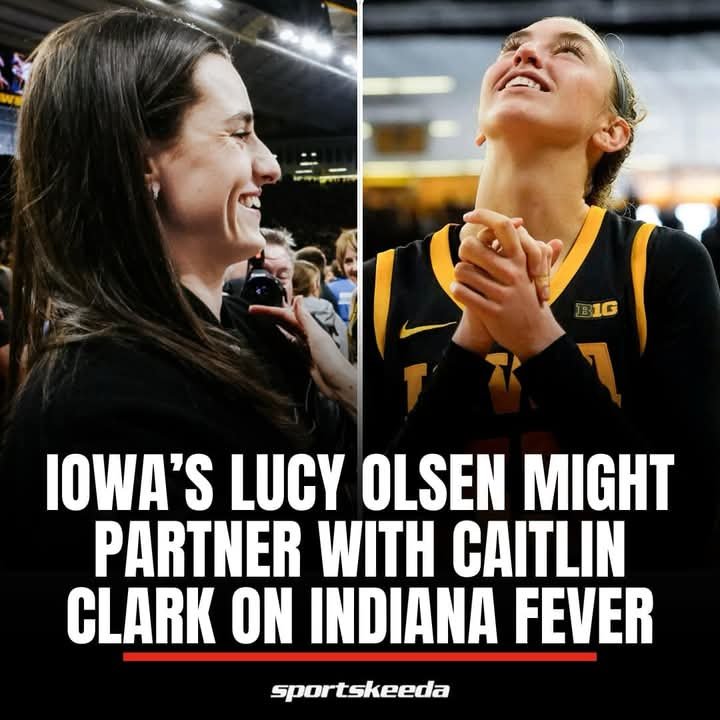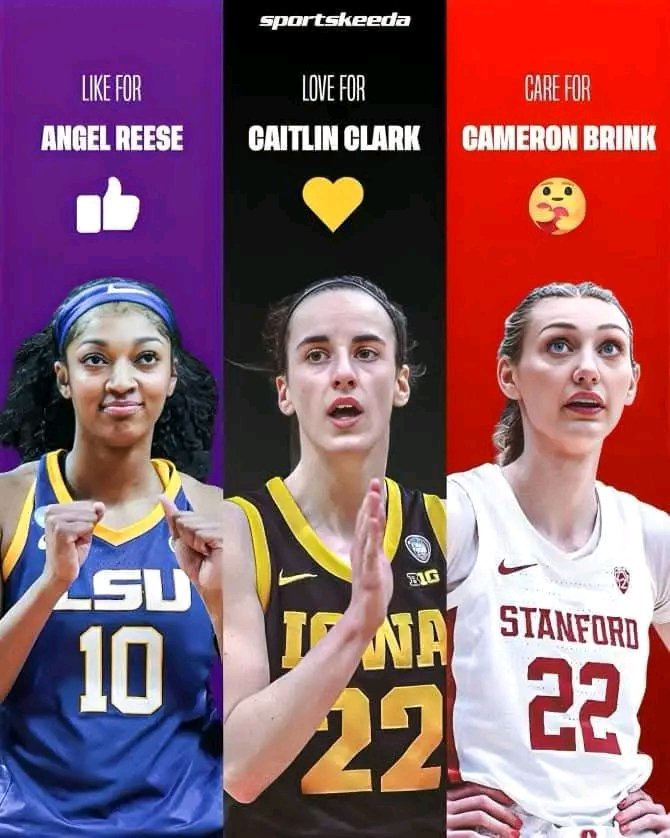
In the summer of 2022, the global sports marketing agency IMG announced a partnership with Rugby League aimed at enhancing the sport’s commercial appeal and long-term growth. Two years later, however, this initiative has left some fans feeling alienated. Wigan Warriors Chief Executive Officer Kris Radlinski recently shared his thoughts on the collaboration, acknowledging that progress has been slower than anticipated.
IMG’s partnership with the Rugby Football League (RFL) and Super League was designed to strategically reposition the sport, aiming to maximize its commercial potential, strengthen fan relationships, and attract new audiences. While there have been significant changes over the past two years, the pace of these changes has not met everyone’s expectations, including those of fans and pundits who have questioned the effectiveness of the partnership.
One of the most controversial aspects of IMG’s involvement has been the introduction of grading criteria to determine the composition of the Super League by 2025. This decision has been widely criticized by fans, yet it has also brought some benefits. For instance, IMG played a crucial role in securing a TV deal that ensures every Super League game is broadcast, significantly increasing the sport’s visibility.
Despite the criticism, the grading system is designed to push clubs to elevate their standards and ensure their financial stability. Radlinski, while assessing the first two years of the IMG partnership, praised this aspect. He highlighted that the requirement for clubs to improve their infrastructure and operations is a positive step toward securing their future.
Radlinski, who has had a successful tenure as Wigan Warriors CEO since his appointment in 2023, reflected on the progress made under IMG. He noted that although the initial two years involved a lot of consultation and understanding of the challenges, the primary project—the grading system—has been particularly challenging. Radlinski emphasized that while the grading results expected at the end of the year will provide a clearer picture, the process has already compelled clubs to enhance their standards.
He acknowledged that while the grading criteria are essential for the sport’s financial health, the implementation has been slower than he would have liked. However, Radlinski defended IMG, explaining that grading is just the first step in a long-term strategy. The goal is to reach a stage where clubs meet certain standards, and then determine the next steps for further development. Despite the slow progress, Radlinski expressed confidence in IMG’s expertise and the ongoing process.
Radlinski’s insights reveal the complexities of transforming a sport’s commercial landscape. While the slow pace of progress may be frustrating, the efforts to establish stable foundations for clubs are crucial. As the partnership with IMG continues, the focus will likely shift to building on these foundations and exploring new avenues for growth and development in Rugby League.




